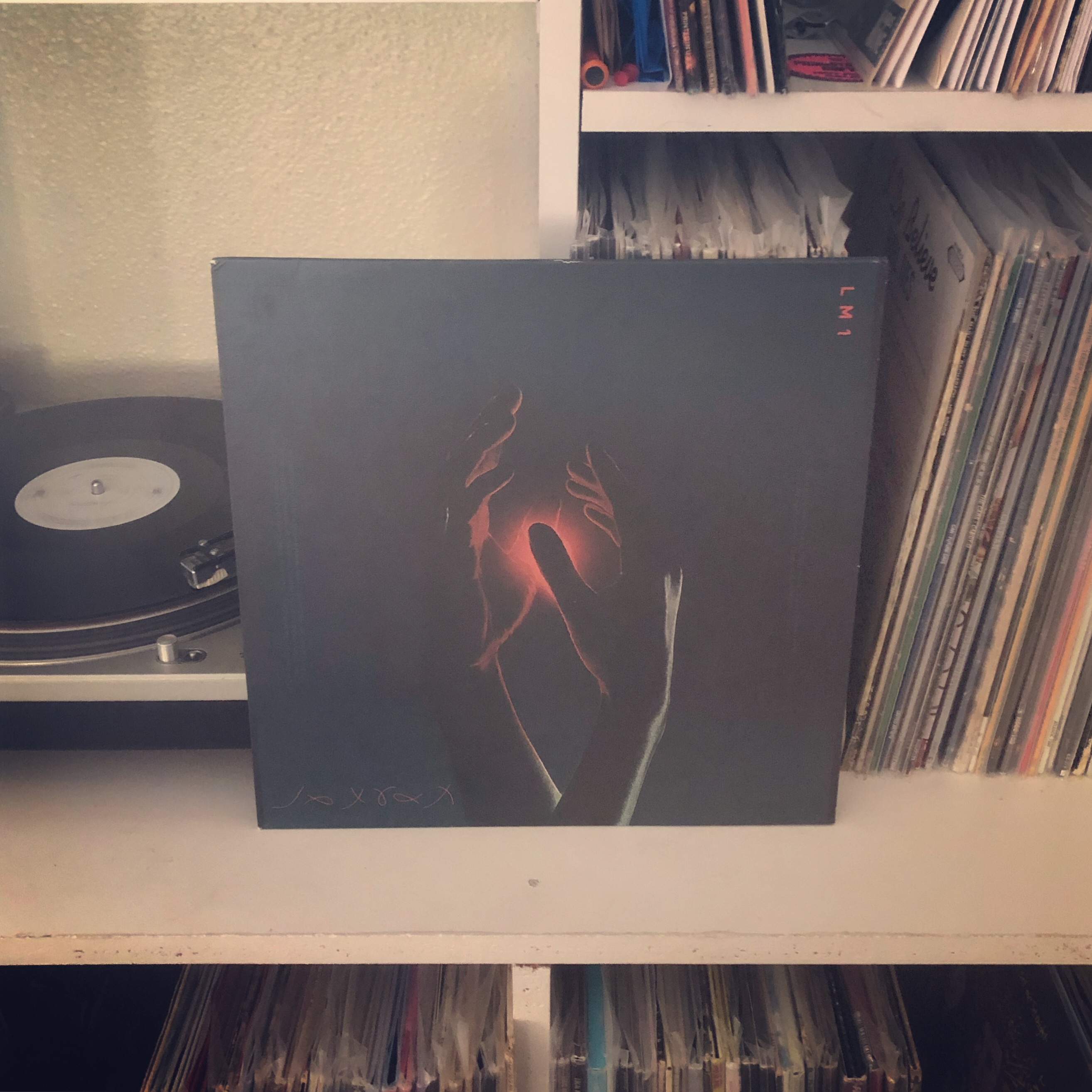
Influence is a funny thing: one person might hear an obvious influence all over a band and say, “oh, this is just a shameless ripoff.” Another might say, “no, this is incredible, it sounds just like them.”
In this case, the band is Lo Moon, the influence is Talk Talk, and I am one thousand percent the second individual.
For all of the missteps of automated music recommendation algorithms, every once in a while, they hit an absolute grand slam. A few weeks ago, I received another automated recommendation from Amazon. While these are often filled with bands I have absolutely no interest in, this time, it suggested Lo Moon. The aesthetic of the cover was enough to get me to pull them up on Spotify, where I was immediately convinced.
Within the hypnotic first track, “This Is It,” I was already recommending it to some friends, describing it as “if Mark Hollis brought Talk Talk out of retirement to make a chillwave record.” And after spending a lot more time with this record, I’m not sure I have the words to describe it any better.
For one, Matt Lowell’s voice sounds just like Mark Hollis. But that’s hardly where it ends. The band operates in the same melding of synthpop hooks, post rock drama, and jazz and world elements that Talk Talk had mastery of. And since I love Talk Talk so much, I was glad to hear it revisited. But when I checked the Pitchfork review (“surely Pitchfork would dig these guys”), I was stunned to see that while they mentioned all of the same elements that made me love this record, they used the similarity as a mark against them, giving it a score of 5/10.
And friends, that’s a garbage take.
While Lo Moon undeniably took a lot of pages from Talk Talk’s playbook, nothing here sounds like a recreation of a Talk Talk song. They’re cooking with the same ingredients, but they’re making all new dishes.
The most stunning moment in the record is “Loveless,” a seven-minute pop song that blooms and weaves like a symphony. It combines enchanting hooks and patient composition in a way that lands somewhere between post rock and synthpop—an intersection few musicians ever find.
But it’s hardly the only great track on here. “Thorns” croons with glassy guitars, saxophones, and cascading keyboards. “Tried To Make You My Own” grooves with a clicking drum machine pulling Lowell’s floating voice along. “Real Love” rides a dark, angular bass groove that sounds borrowed from a Radiohead tune until it blossoms into a burst of pad chords.
Some of the later tracks are more forgettable than the front half (it’d be almost impossible for them to be), but they’re still plenty enjoyable.
In the month or so since discovering this record, I’ve come back to it more often than just about anything else I’ve got into lately. Something about its nocturnal subtlety and effortless sexiness keeps pulling me back to it—and I expect that will continue.